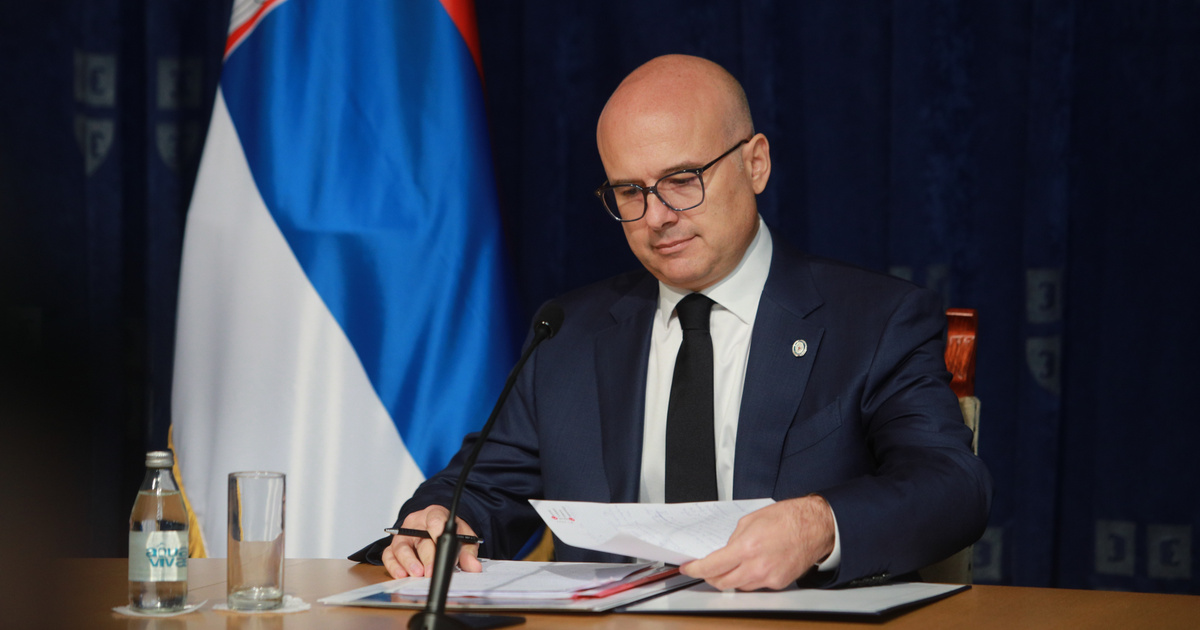After a two-day debate in the 250-member Serbian Legislative Council, 152 of the 213 representatives present confirmed their support and 61 representatives opposed the coalition government consisting of the Serbian Progressive Party (SNS), the Socialist Party of Serbia (SPS), and the Hungarian Vojvodina Party. League, Croat and Bosnian minorities.
Presenting his government's programme, Milos Vucevic, head of the Serbian Progressive Party, stressed that maintaining peace and raising the standard of living will be the main tasks of the new Serbian government.
He also said: The country's foreign policy will focus on maintaining independence and military neutrality. He also wants to maintain good relations with neighboring countries. He said that obtaining European Union membership remains Serbia's strategic goal, and the new government will continue the necessary reform measures, even if the accession process becomes more complicated every year due to new circumstances.
According to the MTI report, Milos Vukcevic also stated that the new government is already facing very serious challenges in foreign policy, and from this point of view, the most important thing is to preserve its sovereignty and territorial integrity, and fight for Kosovo's survival. Part of Serbia.
Ten women were also replaced in the government
The government includes 25 ministries and six ministers without portfolios. Since the democratic revolution in 2000, after the country's leader Slobodan Milosevic was forced to leave politics due to opposition demonstrations, this government has become the most populous.
The 32-member government includes ten women and four non-partisan politicians.
The Hungarian Vojvodina Assembly has not requested the position of minister or deputy prime minister in the coalition negotiations, as it participates in the work of Vukcevic's government at the level of state secretary, as it has done for the past ten years. They will have ministers of state in the ministries of education, construction, agriculture, health, environmental protection, finance, economy and investment.
Early parliamentary elections were held in Serbia last December. After early parliamentary elections were held in 2020 and 2022, Head of State Aleksandar Vucic announced that a calmer period will now follow and, according to forecasts, there will be no need to go to the polls again until at least 2027.
Since the turn of the millennium, only one government has been able to complete its term. The government of Mirko Cvetković ruled the country between 2008 and 2012. The government elected in 2016 also remained for four years, but it changed somewhat, and the personality of the Prime Minister also changed: Aleksandar Vucic was elected head of state, and Ana Brnabic took his place. As we wrote, elections were recently held in Croatia as well.

Comprehensive analyses, world-changing questions, and visions for the future in one volume.













































